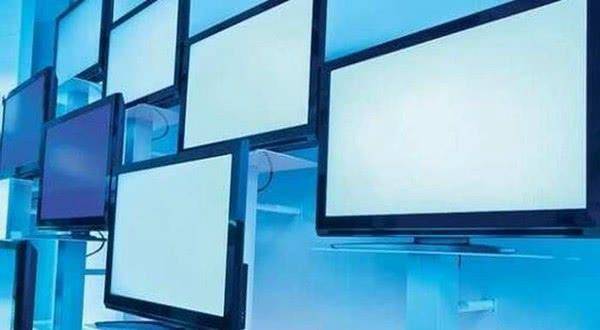
According to reports, in view of the group's overall operating performance has fallen short of established expectations, South Korea's Samsung Electronics is steadily implementing business structure optimization measures. As an important part of this round of adjustment, the company's prudent decision to phase out the light-emitting diode (LED) field has triggered deep concern and discussion within and outside the industry, highlighting the company's determination to adopt a pragmatic strategy to focus on its core competitiveness in the face of market challenges.
Samsung, the technology giant that once used the slogan "innovation leads the future", has now announced that it has given up a business segment that was once placed high hopes - LED, in a gesture that is close to "breaking the wrist". Admittedly, in the face of the embarrassment of the group's overall performance falling short of expectations, it is imperative to adjust the business structure, but the logic behind such a decisive abandonment of an area that was once considered strategic reveals a lack of sensitivity to market changes and frustration.
Recall that in 2012, Samsung Electronics with the power of Samsung LED, ambitious into the lighting business field, at that time, they may be immersed in the "semiconductor +LED= infinite possibilities" dream, thinking that through simple business integration, you can easily navigate this blue ocean. However, the reality is always much slimmer than the ideal. With the rapid rise of Chinese enterprises in LED technology, as well as the increasingly fierce market competition, the profit space of Samsung's LED business is constantly compressed, and the synergy and investment cost advantage are so pale in front of the cruel market.
What is more regrettable is that Samsung's retreat is not an exception. As early as 2020, LG Electronics has taken a step forward and withdrawn from the LED battlefield. The departure of the two South Korean electronics giants not only marks the end of the glorious era of South Korea in the LED field, but also a profound reshaping of the global LED industry pattern. In this process, Samsung's decision seems more like a passive drift than an active strategic transformation.
It is even more ironic that Samsung explained this decision by describing the LED business as an area with "lower profit margins and low barriers to entry", and claimed to concentrate resources on "more promising" areas. Such a statement sounds both like a self-consolation for past failures and a declaration to the outside world: we are no longer the "young people" who are willing to fight in the low-end market, but to shift to the high-end, high-profit "elite" route. However, whether such a shift can really save Samsung's current predicament is a big question mark.
After all, in this ever-changing age of technology, no company can stay on top of the trend forever. Although Samsung's LED business has suffered setbacks, its deep accumulation in other areas such as semiconductors and display technology is still its advantage that cannot be ignored. However, if Samsung blindly gives up those seemingly "not bright" but still have potential business just because of temporary performance pressure, then it may lose not only market share, but also the insight of future trends and the ability to innovate.
What is more worrying is that Samsung seems to lack enough vision and humanistic care for the placement of LED employees. While the company has said it will consider reassigning existing R&D staff to other manufacturing departments, is this arrangement really a way to maximize their expertise and potential, or is it just a stopgap measure to ease the pressure of immediate layoffs? For those employees who have worked quietly in the field of LED for many years, where will their future go?
Samsung's decision to fully withdraw from the LED business is undoubtedly a profound reflection on its own innovation ability and market sensitivity. In this era of variable science and technology, Samsung needs to do not only to adjust the business structure, optimize the allocation of resources, but also to maintain a keen insight into new technologies and new markets, while adhering to the unremitting pursuit of innovation and deep care for employees.

According to a report citing the Messenger Post of Papua New Guinea, a severe landslide occurred in the Wapenamanda area of Nga Province, Papua New Guinea recently, burying three houses and causing at least 11 deaths and over 20 people missing.
According to a report citing the Messenger Post of Papua Ne…
In the latest meeting minutes released by the Bank of Japan…
November 4th witnessed a "day of terror" in the cryptocurre…
On October 26th local time, Tesla's CEO Elon Musk announced…
When the US National Nuclear Security Agency fell into an "…
On November 3, 2025, Peru suddenly announced its diplomatic…